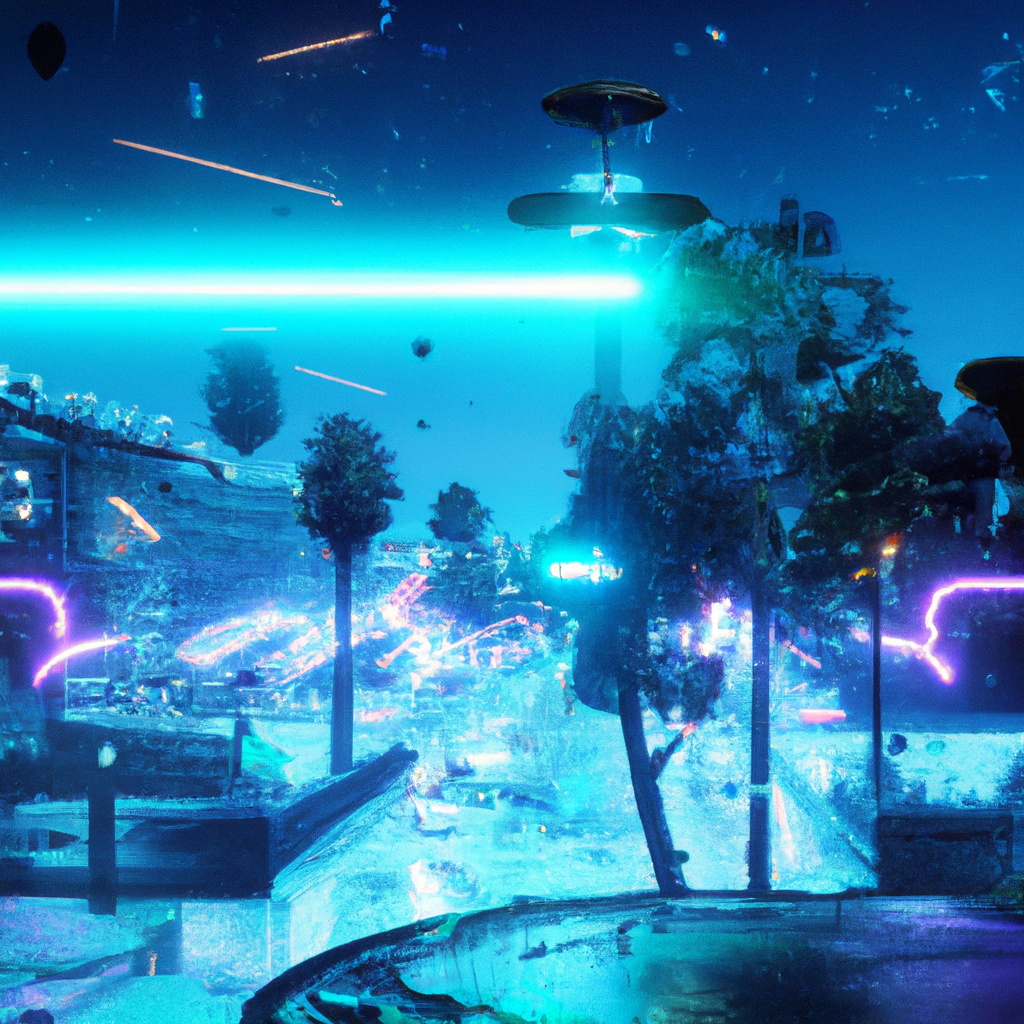“Leveling Up Gameplay: The Role of Machine Learning in Game Enhancement”
Gameplay has always been the most integral part of video games. It’s what makes a game immersive and engaging, and it’s what separates a good game from a great one. In recent years, there’s been an exciting and impactful development in the video game industry: the use of machine learning to enhance gameplay. This powerful technology is revolutionizing the way games are created and played, and it’s only getting started.
Machine learning, a subset of artificial intelligence (AI), enables computers to learn from data and improve their performance over time without being explicitly programmed to do so. In the context of video games, machine learning algorithms can be used to improve various aspects of gameplay, making games more dynamic, personalized, and realistic.
One of the most promising applications of machine learning in video games is in non-player character (NPC) behavior. Traditionally, NPCs in games have followed pre-programmed patterns, which can make them predictable and easy to exploit. With machine learning, however, NPCs can learn from players’ actions and adapt their behavior accordingly, resulting in a more challenging and dynamic gaming experience.
Machine learning can also be used to enhance the personalization of games. By analyzing a player’s actions, preferences, and playstyle, machine learning algorithms can tailor the gameplay accordingly, adjusting the difficulty level, suggesting relevant content, and even changing the narrative in real-time. This can result in a more engaging and immersive gaming experience that is unique to each player.
Moreover, machine learning can enhance the realism of games. For example, in racing games, machine learning can be used to simulate realistic physics, such as the way a car behaves on different surfaces or how it reacts to collisions. In sports games, machine learning algorithms can analyze real-life data from professional athletes and use it to make the in-game athletes move and behave more realistically.
Despite its potential, the use of machine learning in video games is not without challenges. Implementing machine learning algorithms in games is a complex task that requires a deep understanding of both AI and game development. Additionally, machine learning algorithms require large amounts of data to learn effectively, which can be difficult to obtain and manage.
Nevertheless, the benefits of using machine learning to enhance gameplay cannot be overstated. It offers the potential to create more engaging, immersive, and personalized gaming experiences, and as the technology continues to evolve, it’s likely that its impact on the video game industry will only grow.
The future of gaming looks incredibly exciting, with machine learning playing a central role in its evolution. As gamers, we have a lot to look forward to as we venture into this new era of enhanced and personalized gameplay experiences. The possibilities are truly limitless. So, let’s gear up and get ready for an enthralling journey in the gaming world, powered by machine learning.







